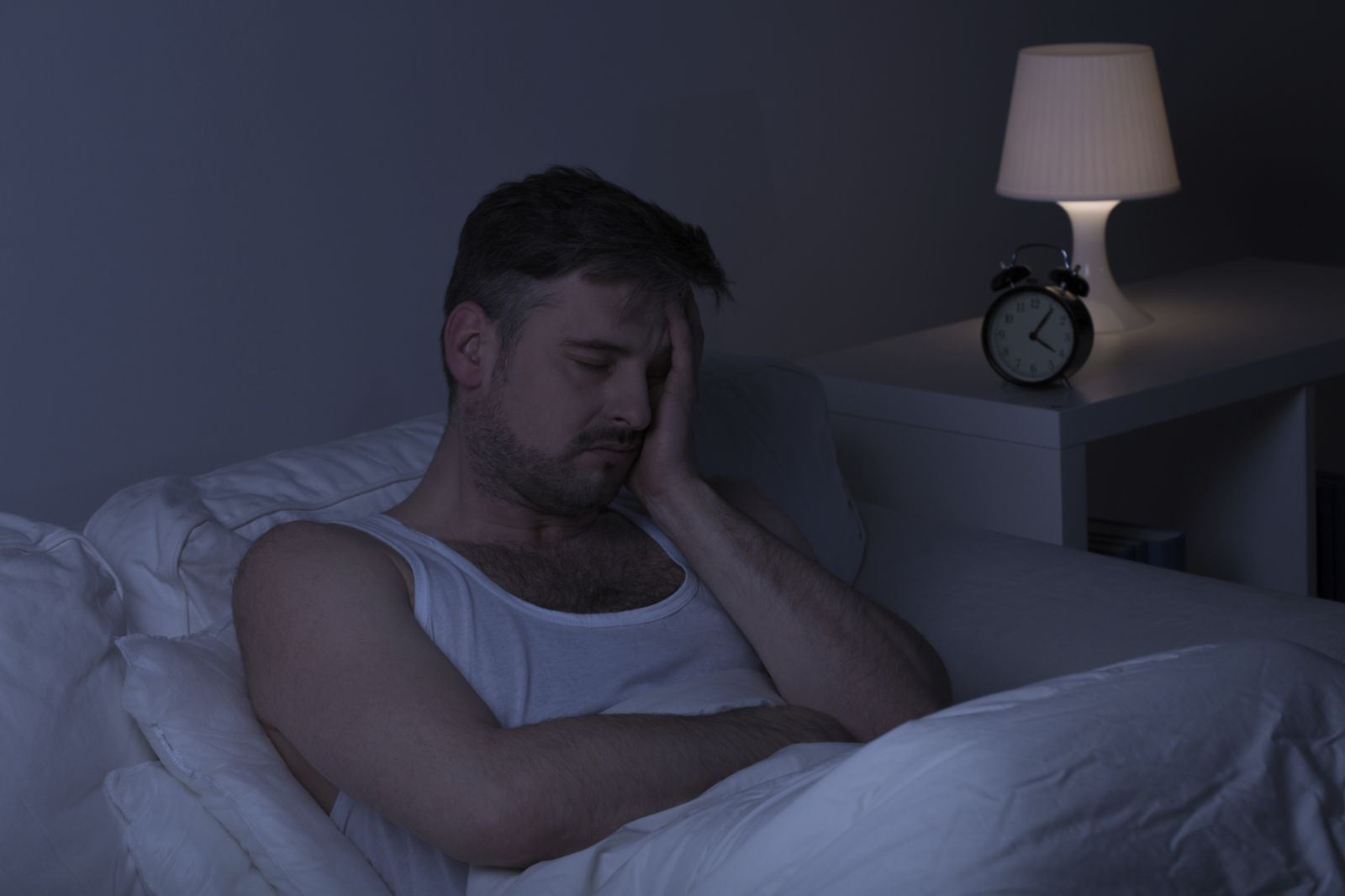How to sleep well despite chronic pain

Chronic pain and insomnia are an unhealthy combination. According to the National Sleep Foundation, chronic pain disturbs the slumber of one in five Americans at least a few nights a week. Whether it's from a bad back, arthritis, or headaches, chronic pain puts you in double jeopardy: the pain robs you of restful sleep and makes you more fatigued, and thus more sensitive to pain.
But you can start to break this vicious cycle.
"For chronic pain conditions, what you need is good sleeping habits from the beginning — things that will last," says Dr. Padma Gulur, a pain medicine specialist at Harvard-affiliated Massachusetts General Hospital. That means relying on the brain's natural sleep drive as much as possible.
Try "relaxing distraction"
Dr. Gulur recommends "relaxing distraction" to her patients. Some relaxation techniques use basic rhythmic breathing meditation; others focus on guided imagery, in which you imagine being in a calm, peaceful location. Find something that appeals to you and helps you fall asleep. You might look for these exercises on CD, or consider group or individual trainings or sleep education sessions.
Getting back to sleep
For some people, chronic pain not only makes it harder to fall asleep, but can also interrupt sleep. Simply shifting position in bed can trigger pain from a back condition or arthritic knee.
One approach is to take your pain medication right before bed. Check with your doctor to be sure that fits into your treatment plan. If pain does wake you in the middle of the night, first try meditation, visualization, or whatever relaxing distraction you favor. But if it doesn't work, getting up to read a book in a quiet room with low light can help you to get back to sleep. Avoid loud sounds and bright light (that means TVs, smartphones, tablets, and computers).
Staying on a regular sleep schedule is also important. Go to bed at the same time every night and, no matter how the night goes, rise the next day at the same time and remain awake until your planned sleep time. This helps to set your internal sleep clock and enhances the natural sleep drive.
To learn more ways to ensure that you get a good night's sleep, buy Improving Sleep, a Special Health Report from Harvard Medical School.
Image: iStock
Disclaimer:
As a service to our readers, Harvard Health Publishing provides access to our library of archived content. Please note the date of last review or update on all articles.
No content on this site, regardless of date, should ever be used as a substitute for direct medical advice from your doctor or other qualified clinician.















